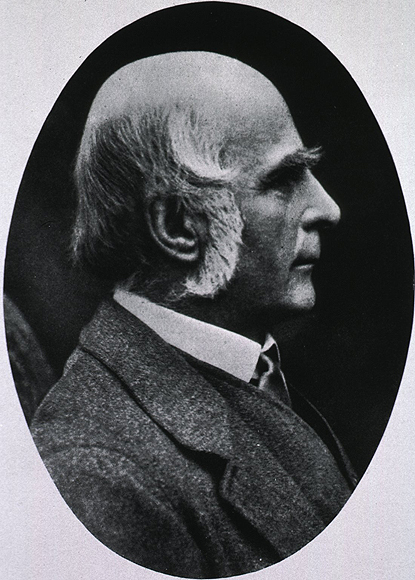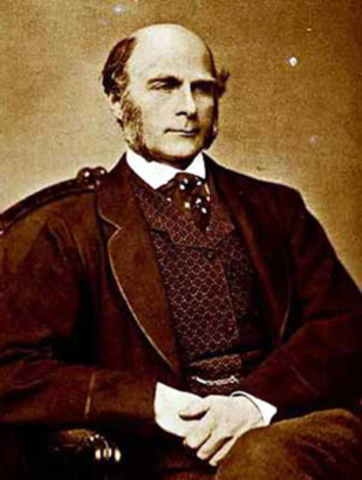

Although by that time, the founders of Soviet genetics - Nikolai Kol’tsov, Iurii Filipchenko, Nikolai Vavilov, and Alexander Serebrovskii - had all passed away, the extensive networks of their colleagues and students survived Trofim Lysenko’s takeover of the discipline.

Yet, though some western observers mourned the “death” of Soviet genetics, the discipline was not dead. Adams, “Genetics and the Soviet Scientific Community, 1948-1965,” doctora (.)ģAfter August 1948, “classical” genetics in all its forms was banished in the Soviet Union. 1 See, for instance, Conway Zirkle, ed., Death of a Science in Russia: The Fate of Genetics as Descr (.).
#GALTON YOUNG SERIES#
In 2012, the book was republished once more.ĢA series of dramatic developments - both social and scientific - engendered the long quiescence of Human Perfection and Degeneration and inspired its successive revivals in late-Soviet and post-Soviet Russia. In 1995 a new edition of Florinskii’s treatise came out under the auspices of the very university its author had created in Tomsk more than a century earlier. Just two years later, both Galton and eugenics were “rehabilitated,” and with them, Florinskii and his book re-entered the contemporary discourse on human reproduction, heredity, variability, development, and evolution. Its “resurrection” culminated in the establishment in Moscow of a brand new Institute of Medical Genetics in 1969. Shortly after Stalin’s death, during the de-Stalinization campaign launched by his successor Nikita Khrushchev in the 1950s and popularly known as the “Thaw,” medical genetics re-emerged in the Soviet Union.

It seemed that Human Perfection and Degeneration was now permanently consigned to gathering dust in some remote library storage. “Eugenics has to wait for its hour, and nobody knows how soon that hour could arrive.”ġAfter the 1948 banishment of “classical” genetics in the Soviet Union, eugenics and its founder Galton became a practice target for “Marxist” philosophers and party ideologues, while any mention of Florinskii’s eugamics completely vanished from Soviet discourse.


 0 kommentar(er)
0 kommentar(er)
